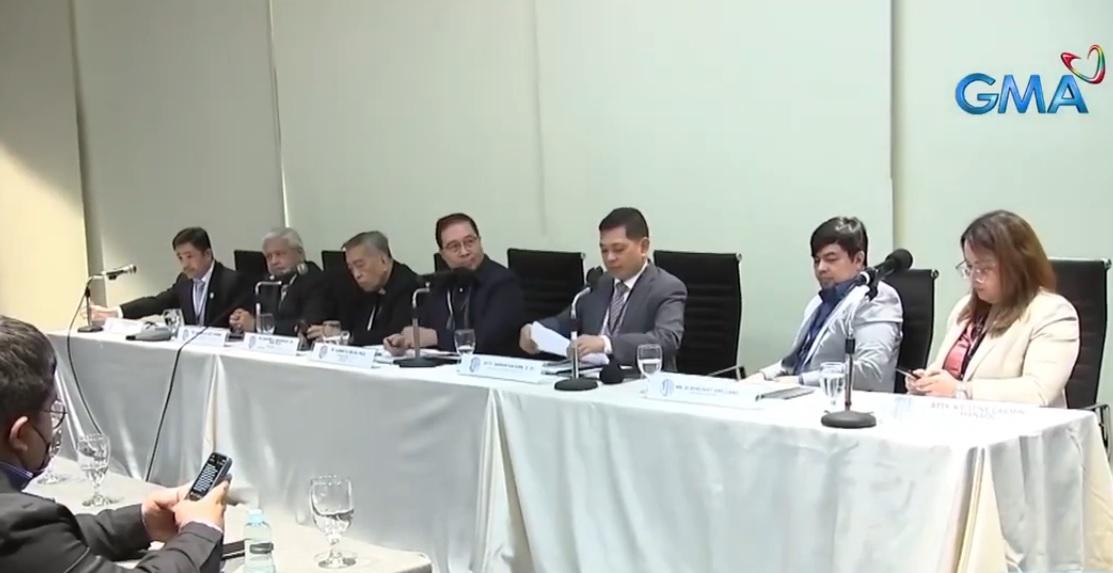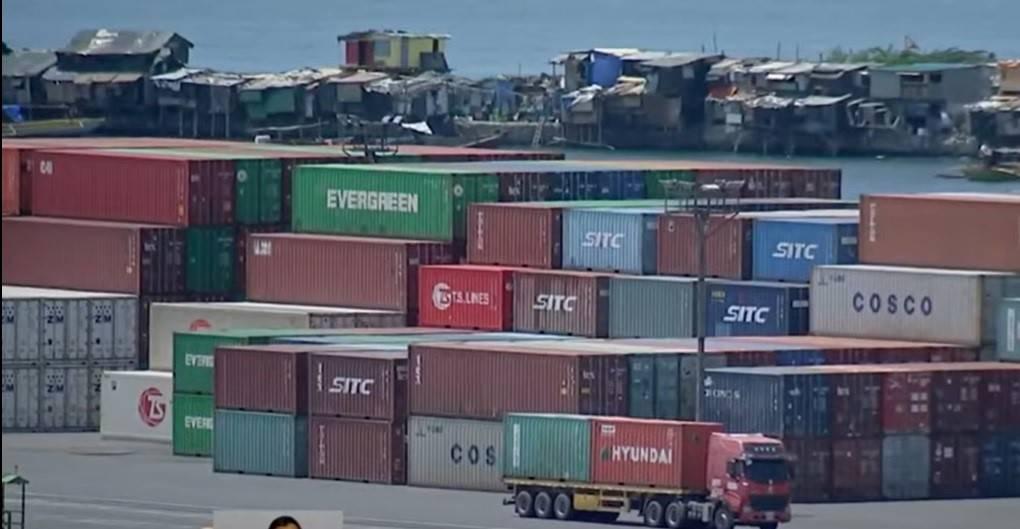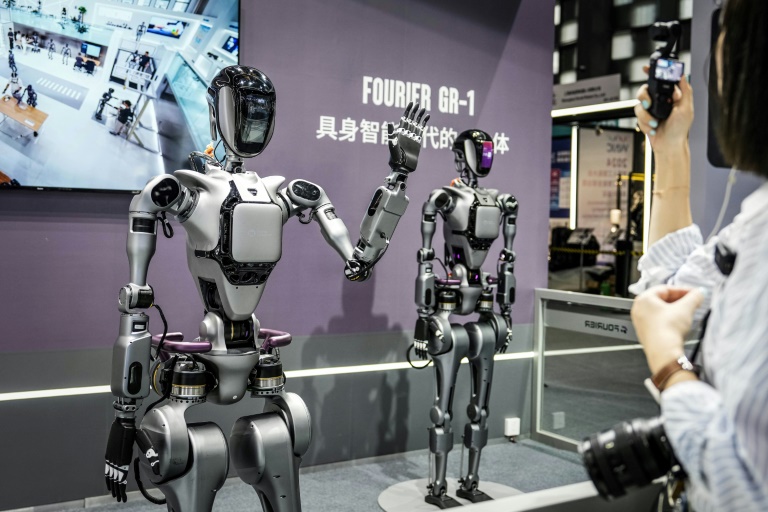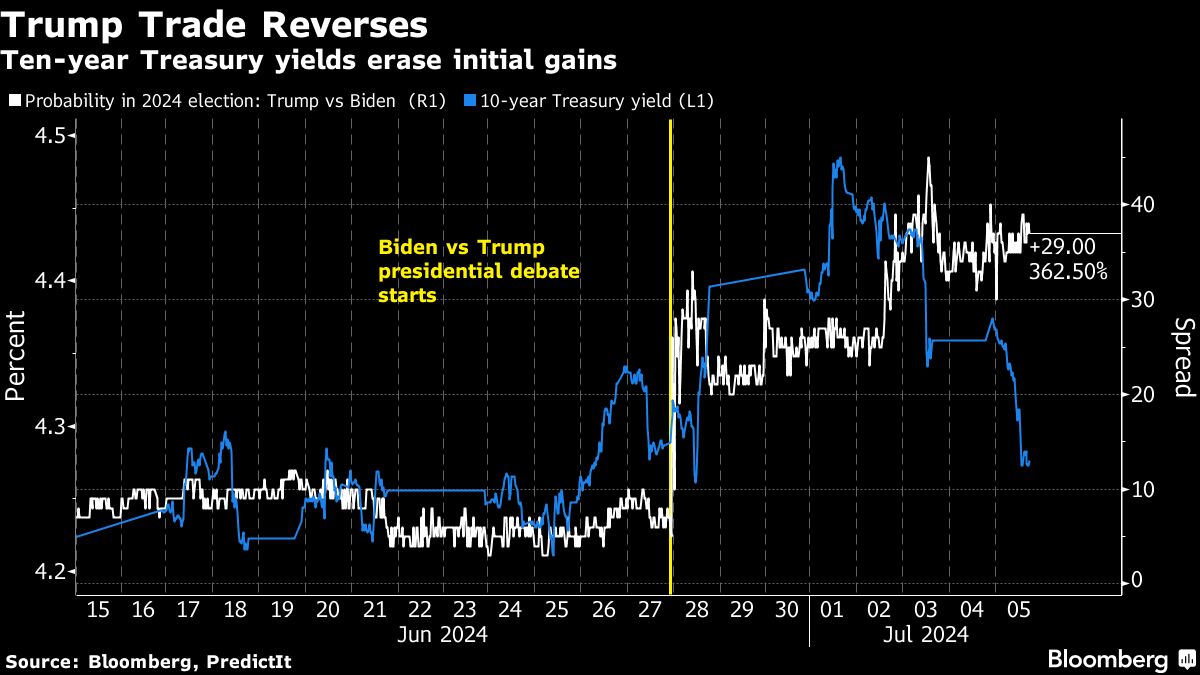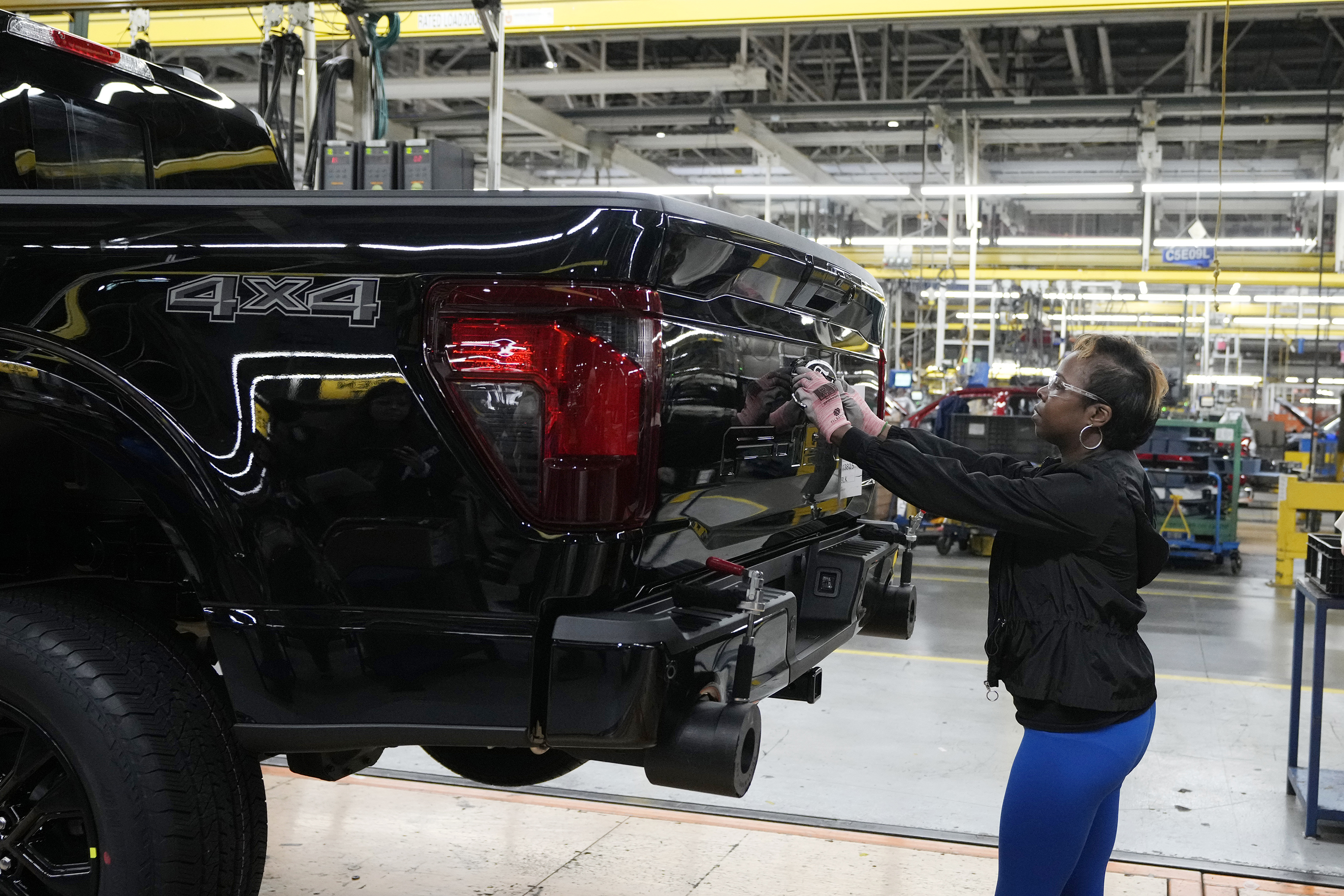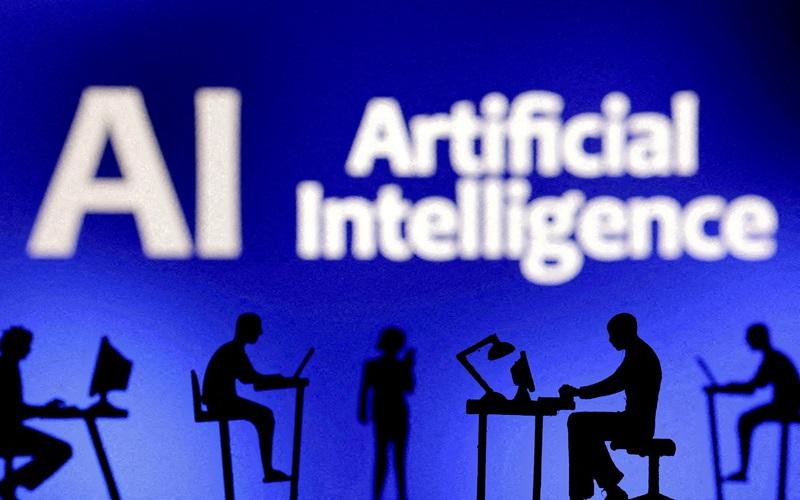
PHILIPPINES TO GAIN P2.6T A YEAR FROM AI SOLUTIONS —NEDA
The Philippine economy is seen to gain over P2 trillion every year if businesses in the country adopt artificial intelligence (AI), according to the National Economic and Development Authority (NEDA) on Wednesday.
NEDA Secretary Arsenio Balisacan, citing a study by consulting firm McKinsey, said that AI is estimated to contribute $15.7 trillion to the global economy by 2030, “with the Philippines potentially gaining P2.6 trillion annually if businesses adopt AI-powered solutions.”
Balisacan said sectors such as retail, logistics, manufacturing, and financial services can revolutionize operations and enhance performance through the use of AI.
“Recent advancements in generative AI are particularly noteworthy. Generative AI, capable of autonomously creating content, designs, and solutions, is poised to transform industries by significantly reducing production costs,” the NEDA chief said at the launch of the Center for Artificial Intelligence Research (CAIR) along with the National Artificial Intelligence (AI) Strategy Roadmap 2.0 (NAISR 2.0) in Mandaluyong City.
Meanwhile, the Department of Trade and Industry (DTI) said NAISR 2.0 was built upon the foundation laid by the first AI roadmap in 2021 and incorporated recent technological advancements, including generative AI.
The DTI said the latest AI roadmap recalibrates strategic actions, considering recent developments, and addresses emerging themes such as ethics and governance.
The CAIR will play a pivotal role in leveraging AI’s transformative potential to address societal and industrial challenges, stimulate economic growth, and promote inclusive development, it said.
The CAIR’s mission is to transform the Philippines into a premier destination for AI-driven innovation and investments.
By creating AI solutions for regional concerns, notably sustainable agriculture, urban planning, and disaster resilience, the DTI said the CAIR hopes to establish the Philippines as a leader in multiple AI application areas.
The Trade Department said that through technological innovation, multidisciplinary and cross-disciplinary research, and the development of full-time research scientists, engineers, and R&D personnel, the CAIR aims to promote socio-economic R&D, improve scientific knowledge, and strengthen the competitiveness of science and technology in the country while balancing and ensuring responsible AI adoption to improve public services and the lives of Filipinos.
To fully maximize AI's benefits, Balisacan said ''adequate and effective digital infrastructure must be in place.''
''AI technology depends on real-time data exchange and processing capabilities, requiring high-speed internet and vast data storage solutions. A modern digital infrastructure ensures these technologies operate efficiently, bringing innovations and efficiencies in sectors like healthcare, finance, and urban planning, among others, thereby enhancing service delivery and driving economic growth and technological advancement,'' he said.
''To strengthen the country's internet infrastructure and enhance digital connectivity, NEDA, in collaboration with other government champions, strongly advocates for the passage of the Konektadong Pinoy Act or the Open Access bill. By promoting access to affordable and better-quality internet services, this legislation will allow the country to harness the full benefits of AI.'' —VBL, GMA Integrated News
This article Philippines to gain P2.6T a year from AI solutions —NEDA was originally published in GMA News Online.
2024-07-03T14:13:17Z dg43tfdfdgfd

